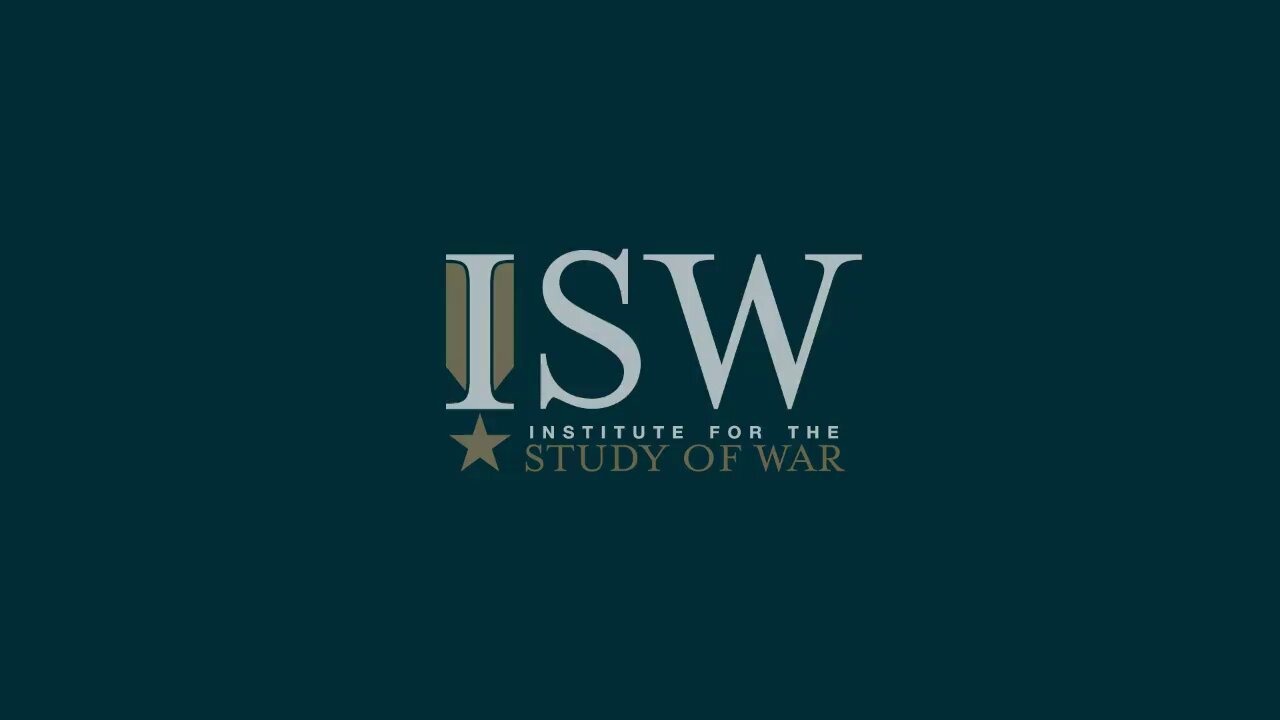The Institute for the Study of War (ISW) has issued a warning that Russia is gaining an upper hand in the ongoing conflict, creating a precarious situation for Ukraine as it struggles to maintain its current defensive positions.
This development comes at a critical time when U.S. aid, vital for Ukraine’s resistance, has stalled in Congress despite debates over continuing military support.
According to the ISW’s latest analysis released on Tuesday, the United States remains the only viable source of the essential air defense munitions and artillery shells that Ukraine needs to stay competitive in the conflict.

The report by ISW researcher Frederick Kagan highlights the severity of Ukraine’s military shortages. Ukrainian forces are increasingly vulnerable to Russian air strikes due to a lack of sufficient air defenses, marking an outstanding shift in the dynamics of the conflict as Russian forces intensify their bombings on Ukrainian positions.
This escalation follows a period where Russian armored columns have been able to operate with more impunity, suffering fewer losses than before, due to the dwindling artillery supplies of the Ukrainian forces.
Kagan Stresses the Urgency of the Situation
Since the start of 2024, Russia has managed to capture territory in eastern Ukraine equivalent in size to the city of Detroit, underscoring the strategic advancements made by Russian forces.
Kagan emphasizes the urgency of the situation, noting that without prompt U.S. intervention, Russia is poised to make substantial territorial gains in the coming months and years, potentially leading to a decisive Russian victory.
The lack of additional U.S. aid since late 2022 has only exacerbated the situation, with existing resources now fully depleted. The reluctance of some far-right House members to continue support raises concerns about the long-term U.S. commitment to Ukraine and the oversight of military equipment sent abroad.
Meanwhile, the Senate has taken steps to address these concerns by passing a national security package worth approximately $95 billion in February to support Ukraine and other allies.
However, this initiative has stalled in the House. Speaker Mike Johnson (R-La.) has indicated potential movement on the Ukraine aid package this week, considering it separately from aid proposals for Israel and Taiwan. This decision, however, places Johnson at risk of losing his position due to internal opposition within his party.
On the ground, the situation remains dire for Ukraine. The Russian military, seriously larger and now better equipped, continues its offensive, having recently taken control of Avdiivka, a key city in eastern Ukraine.

U.S. Defense Secretary Lloyd Austin, speaking at a House Appropriations hearing, remarked that Russian President Vladimir Putin is playing a waiting game, betting on the erosion of Western resolve and the fracturing of international support for Ukraine.
Russian forces are advancing towards Chasiv Yar in the Donetsk region, with strategic aims that could threaten larger Ukrainian cities like Kramatorsk and Sloviansk. The ISW predicts a potential Russian control over Chasiv Yar by early May, indicating a rapid escalation in Russian military operations.
Kagan warns of the dire consequences if the U.S. were to withdraw its support for Ukraine, suggesting that such a move would not only allow Russia to capture Kyiv but also advance towards NATO borders, posing a direct threat to European security.
Conversely, sustained U.S. support could bolster Ukraine into one of the strongest military powers in Europe, deterring Russian aggression towards NATO member states.


